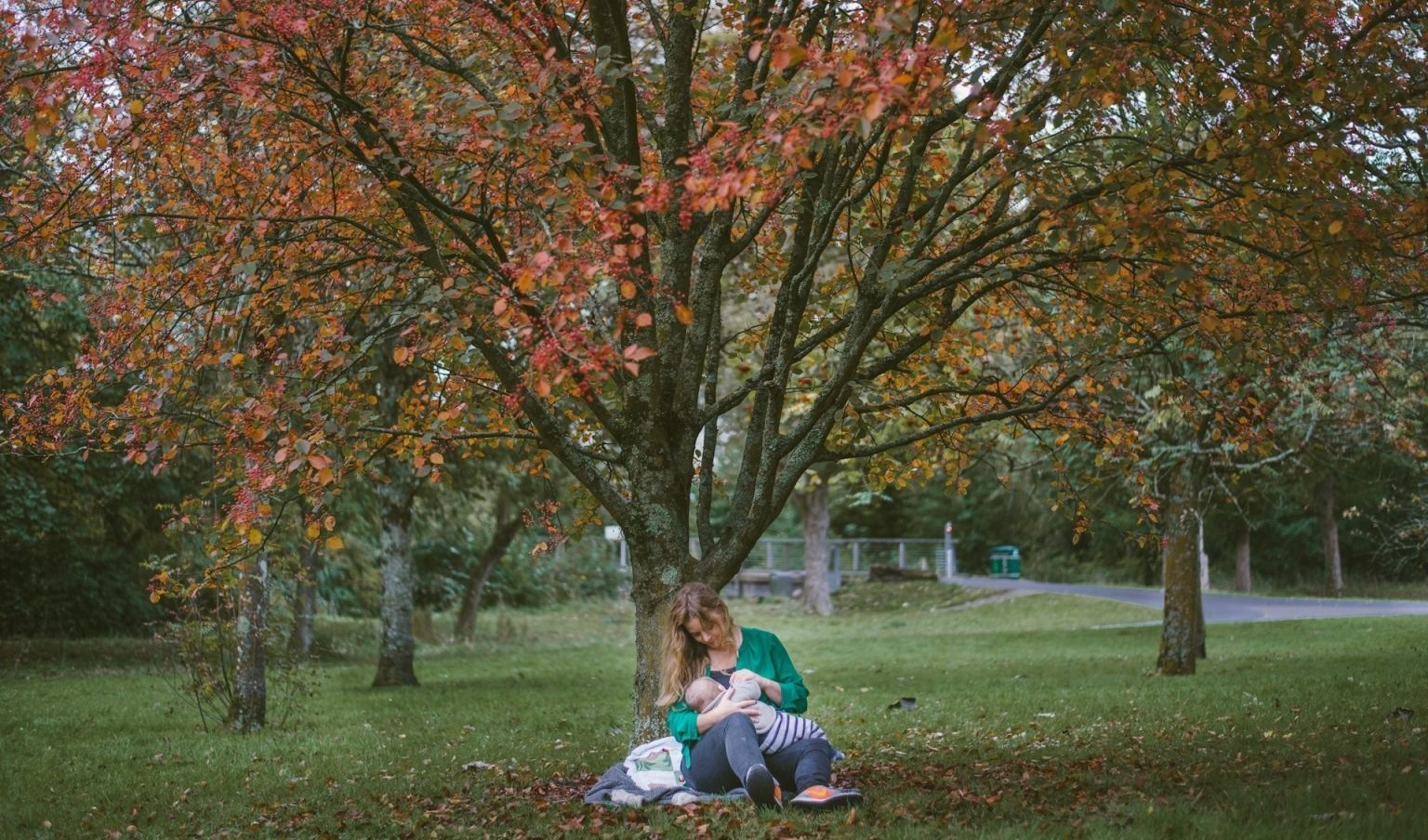
Celebrating the International Week of Science and Peace
Tatiana Charikleia Styliari

In the first part of this article I told you how theatre made me a better researcher, by offering me tools to master public speaking and tap into my imagination and creativity. But there is more! In this second and last part, I’ll tell you about an additional way in which theatre changed me as a researcher:
Theatre gave me my first glimpse into how stories are made and why they work. I then delved much deeper into it, learning how to tell folk tales, how to create personal stories and how to turn my research into stories for children. Communicating about my own research, and my field more general, through all kinds of stories, has made me a better communicator, but also a better researcher. And I think all researchers will benefit from working more with stories, in any context.
First of all, because people want to hear stories. It's incredible how a story captures our attention, how a storyteller softly holds the listener in her hand when telling a story. When doing science communication and outreach, the benefit is obvious: we want to attract people’s attention and then we want our one central message to clearly land in their minds. But it’s not only lay audiences that prefer their information delivered in a story. Isn’t writing papers and theses also a form of communication? I find it striking how “communication” is treated as a side activity in academia, something we do only for non-specialized audiences while talking to and writing for our peers is considered another function. A special, higher form of communication where common sense rules don’t apply. But humans are wired to the story, even us, super-rational and objective (ahem…) humans-researchers. It is the most straightforward way into everyone’s mind, including fellow researchers, the people who review your work, decide your funding, and may cite your papers. Sure, maybe these humans won’t appreciate a fable about your microscope revolting and trying to free the organisms you observe through it. Still, knowing about story arcs and objectives, and how to push a narrative forward and build suspense can only help. Good story-writing is, above all, good writing, which brings me to my next point.
The most difficult part of writing a story for our children’s book Once Upon the Future was not coming up with ideas for the story, nor simplifying the message to make it relatable to children. The most difficult part was editing the story; going through it again and again to mercilessly cut all these words, sentences, and even whole passages that didn’t serve the narrative, no matter how beautiful, thoughtful or funny they were. It was heartbreaking. But necessary, I learned, because the reader will toss the story away the moment they get bored, distracted, or confused. I wish we would learn to edit our scientific writing the same way: aiming at using the most economical and straightforward way to precisely express what we want to communicate. Scientific writing is often so far from being clear, precise, and lively. We use obscure language, poorly structured paragraphs, and deliberately pretentious prose because no one taught us better, and because everyone else seems to think that’s how we need to write. We don’t, though, and we need to stop doing so. A reviewer once found the language in one of my papers not scientific, better suited for a novel or newspaper. I challenged them to point out exactly how my language failed to reach scientific standards. Was I not expressing myself in a factual, precise, and unambiguous manner? Or is it that I use the first person, active voice and short sentences? Why is lively and not overly formal writing not scientific? I got no further comment on this.
So, thanks for asking why improv is so great. You should definitely try it out, it’ll change your life too!
Sources:
[1] Cormick, C., 2019. Who doesn’t love a good story? - What neuroscience tells about how we respond to narratives. J. Sci. Commun. 18, 1–10.
[2] ElShafie, S.J., 2018. Making science meaningful for broad audiences through stories. Integr. Comp. Biol. 58, 1213–1223.

Tatiana Charikleia Styliari

Dorothea Maneta

Christina Seventikidou

Alexandra Bekiaridou